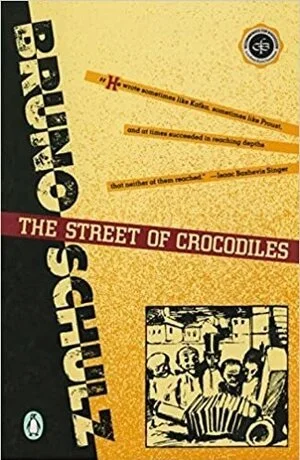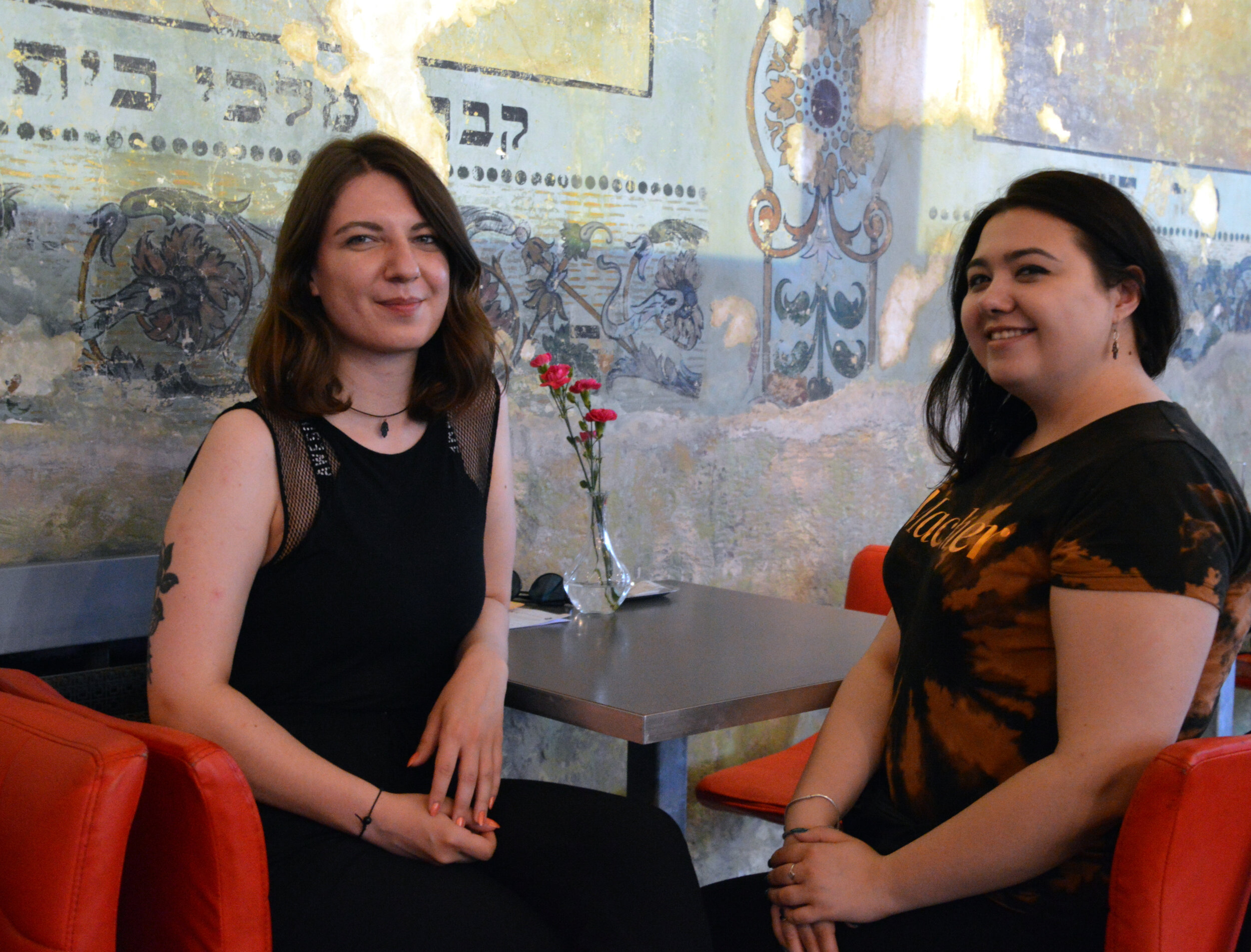Nigeria’s Igbo Jews: Jewish identity and practice in Abuja
Anthropology Today 32:2 (April 2016), pp. 14–17 and back cover
The now widespread Igbo belief in a Jewish ancestry goes back to the 18th century. However, it was during and after the Nigerian civil war (1967–1970), in which at least one million Igbo died in the failed bid for Biafran independence, that Igbo identification with and as Jews concretized. Igbo saw themselves as sufferers of genocide, like the Jews of World War II in Europe, and as inhabitants of a beleaguered plot of land surrounded by hostile forces, similar to the state of Israel. The civil war and its disastrous consequences initiated a still ongoing period of intense questioning among the Igbo concerning their history, present predicaments, and future prospects. A small number of Igbo began to question why, if they were in fact Jews, they should continue practising Christianity.
The significance of Biafra, the centrality of the state of Israel, pride in Jewish ancestry and practice, and questions surrounding the range of Jewish skin colour predominate in Igbo Jews' discussions of their identity. In contrast to the vast majority of Igbo who, if they maintain a sense of Jewish identity, do so while practising Christianity, Igbo Jews have severed themselves from the now dominant religion. Understanding themselves to be part of the global Jewish community of the diaspora and the state of Israel, the Igbo practising Judaism in Nigeria are eager for religious and political recognition from world Jewry and the Jewish state. However, self‐identifying Jewish groups without documented historical connections to more established Jewish communities face considerable challenges in gaining such recognition, particularly as genealogical Jews.
Songs of a Lost Tribe
written with Lior Shragg
SEM (Society for Ethnomusicology) Student News 10 (Spring/Summer 2015), p.14
On Nigerian Claims to Jewish and Judaic Traditions: A Reply to Fatai Ayisa Olasupo
OIDA International Journal of Sustainable Development 7:12 (2014), pp. 33–38
For those with an interest in Nigerian claims to Jewish and Judaic traditions, Professor Fatai Ayisa Olasupo’s “Black African Jews, the Nigerian Question and the Lost Ten Tribes of Israel: A Comparison of Igbo and Yoruba Claims to Jewish and Judaic Traditions” (Vol. 7, No. 4, 2014, pp. 49–62) is intriguing. As it is possible scholars attentive to the topic of Yoruba, Igbo, and smaller Nigerian ethnic groups tracing their roots or origins to the people of Israel may make use of Professor Olasupo’s article, it is useful here to address three errors and misconceptions contained therein, as well as offer some additional comments particularly related to Igbo Jewry.
The first of these misconceptions has to do with the relevance of the Queen of Sheba/Bilikisu Sungbo to Nigerian Jewish identity. It would be a grave misconstruction to interpret the state of Israel’s lack of interest in her supposed burial places as a “bias against blacks.” It is simply that she and the myth of Ethiopia’s Solomonic dynasty are largely outside the purview of Judaism and Jewish national identity. In fact, when the Sephardi Chief Rabbi of Israel, Ovadia Yosef, declared in 1973 that the Jews of Ethiopia (the Beta Israel/House of Israel) should be brought to the state of Israel — thus paving the way for the community’s mass immigration to the Jewish state — he did so without any reference to King Solomon or the Queen of Sheba. Rather, the Chief Rabbi affirmed that the Beta Israel were “from the Tribe of Dan.”
A second error surrounds Professor Olasupo’s claim that the government of Israeli Prime Minister Yitzhak Rabin sent a team to Nigeria to search for the “Lost Tribes” in 1995, but that the outcome of the search has not been made public. In fact, no past or present Israeli governments have undertaken a search for the “Lost Tribes” in Nigeria and there is no search outcome to be made public by Israel’s government.
A third misconception in Professor Olasupo’s article concerns literature produced by Igbo Jews, which actually extends far beyond only one book on Igbo Jewish identity.
In such discussions there is good reason to be wary of “Lost Tribes” fetishists, and there is danger in politicizing Jewish identify. Mutual honesty — between Nigerians and World Jewry — is most important in this matter.
R.I. rabbi’s visit to Nigeria helps lessen its Jewish community’s isolation
Providence Journal, November 16, 2014
This I Believe Rhode Island — Across Continents
Rhode Island Public Radio, January 21, 2014
The text of this broadcast is also available here.
The Igbo Jews who came to Providence
The Times of Israel — The Blogs, December 26, 2013
An earlier version, “R.I. visit builds bridge with Nigeria’s Igbo Jews,” was publised in the Providence Journal on December 15, 2013.
On Having a New English Review Article Plagiarized in the Nigerian Leadership
New English Review, August 2013
How the article Igbo Jews of Nigeria Strive to Study and Practice (published in New English Review, going online July 4, 2013, accompanied by three photographs), was plagiarized in the Nigerian Leadership on July 17, 2013
Providence writer visits small group of Nigerian Jews, struggling to keep their faith alive
Providence Journal, July 28, 2013



